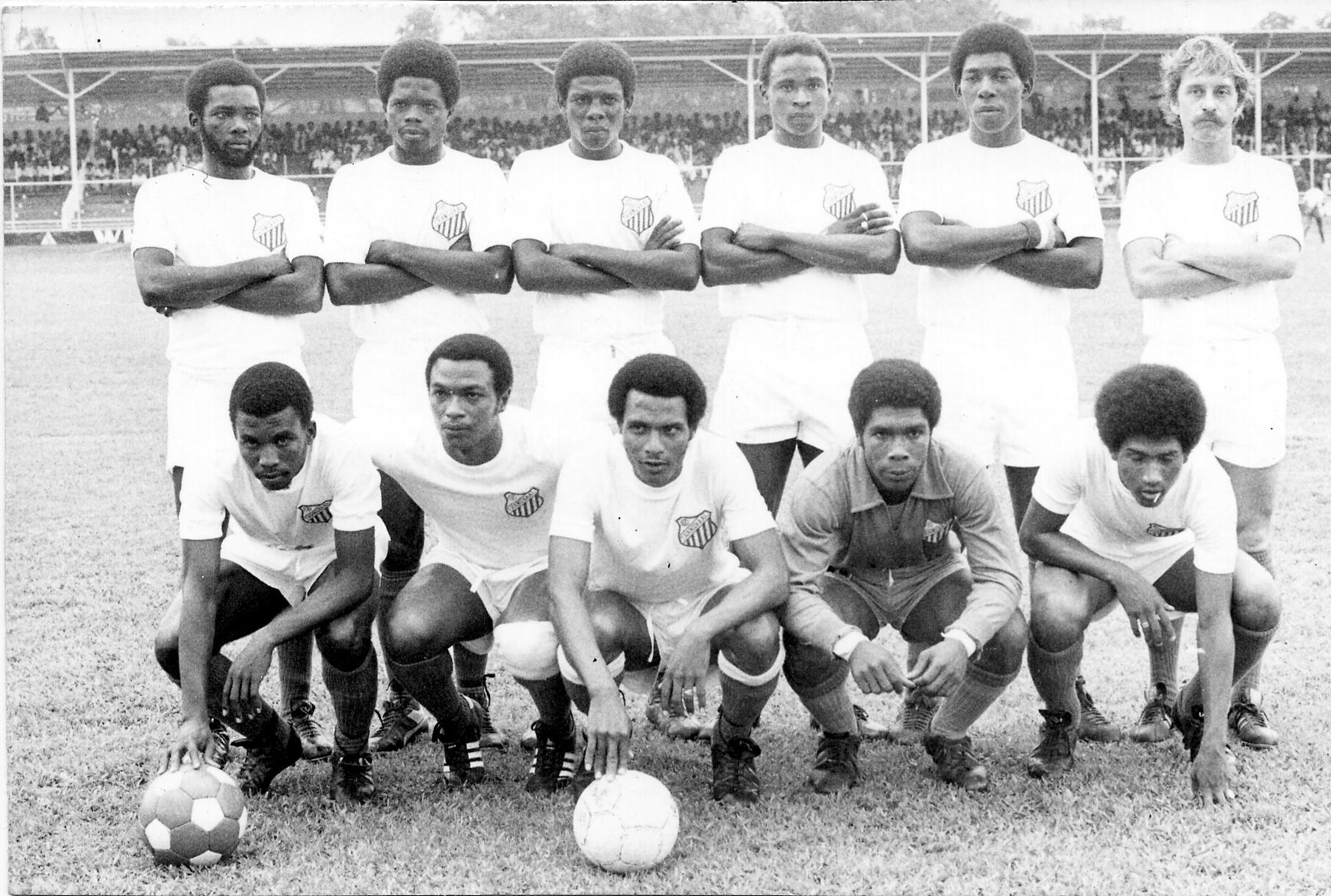|
CONCACAF Champions' Cup 1975
The 1975 CONCACAF Champions' Cup was the 11th edition of the annual international club football competition held in the CONCACAF region (North America, Central America and the Caribbean), the CONCACAF Champions' Cup. It determined that year's club champion of football (soccer), association football in the CONCACAF region and was played from 5 July 1975 till 9 May 1976. The teams were split in 3 zones (North American, Central American and the Caribbean), each one qualifying the winner to the final tournament, where the winners of the North and Central zones played a semi-final to decide who was going to play against the Caribbean champion in the final. All the matches in the tournament were played under the home/away match system. Mexican club Atlético Español F.C., Atlético Español beat Surinamese side S.V. Transvaal, Transvaal in the finals 3–0 and 2–1, becoming CONCACAF champion for their first time. [...More Info...] [...Related Items...] OR: [Wikipedia] [Google] [Baidu] |
Atlético Español
Atlético, Spanish for ''athletics'', or Athletico in English, may refer to: Sports Teams Athletico *Athletico SC (Lebanon), a Lebanese football academy *Athletic Bilbao, or Atletico Bilbao, Basque students athletic club (also forming Athletic Club Madrid, which later evolved into Atlético Madrid) * Athlético Marseille (formerly Groupe Sportif Consolat and sometimes referred to as Marseille Consolat), French amateur football club * Avendale Athletico, South African football club from Cape Town Atletico / Atlético * Atlético Albacete, Spanish football team based in Albacete, in the autonomous community of Castile-La Mancha * Atletico Arezzo, or S.S. Arezzo, Italian association football club based in Arezzo, Tuscany *Atlético Arteixo, Spanish football team based in Arteixo, A Coruña, in the autonomous community of Galicia * Atlético Astorga FC, Spanish football team based in Astorga in the autonomous community of Castile and León *Atlético Bahía, Mexican football club in ... [...More Info...] [...Related Items...] OR: [Wikipedia] [Google] [Baidu] |
